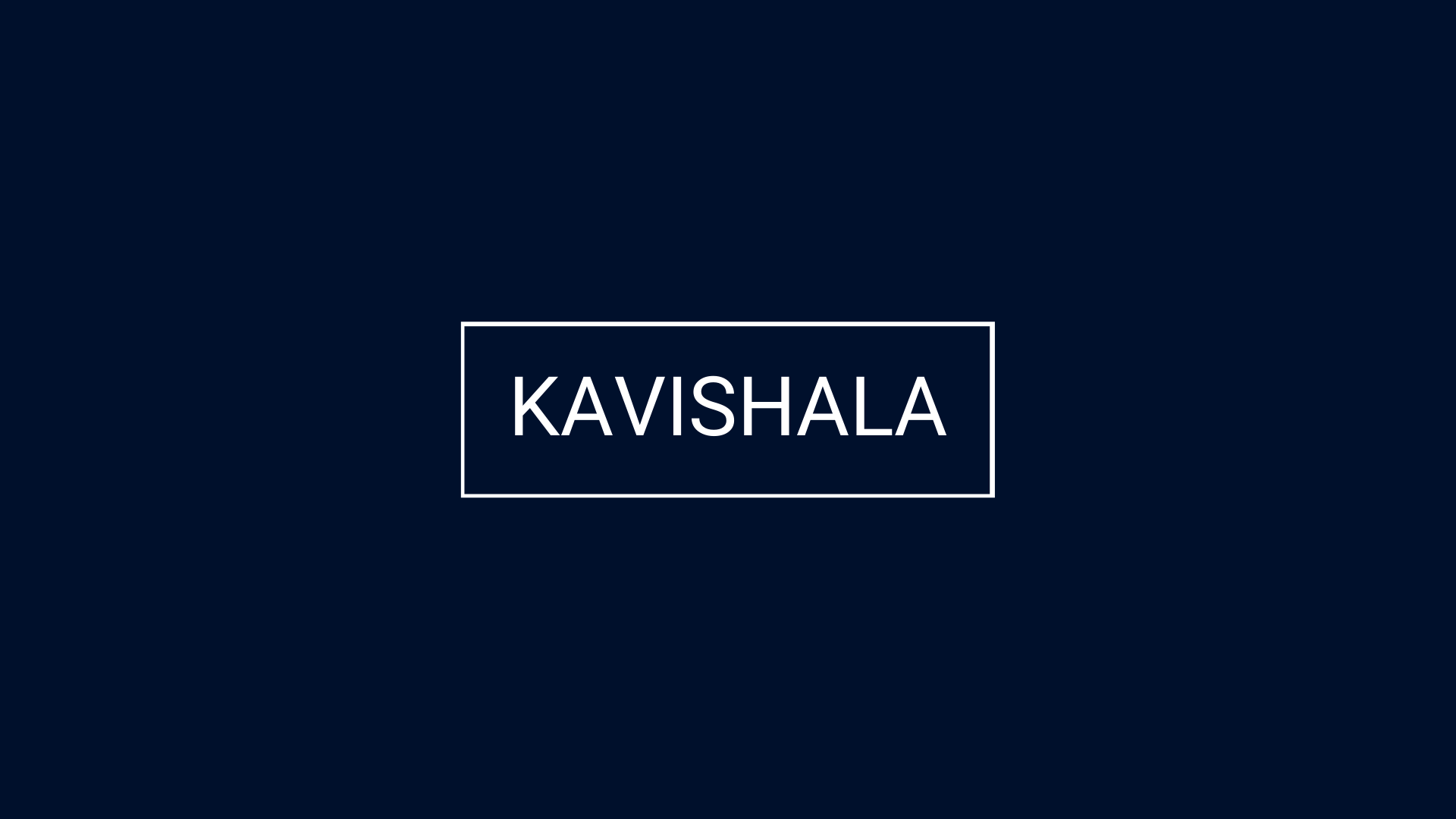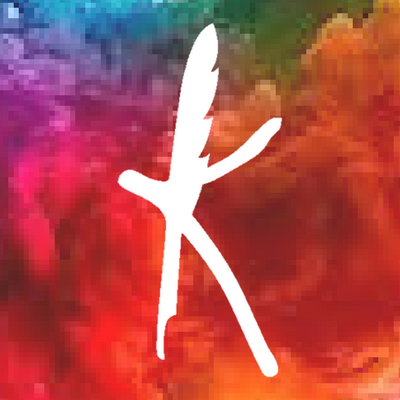
12 Powerful Spoken Word Artists You Need To Add To Your Playlist | United States America
Spoken word poetry can be loosely defined as ‘poetry intended for performance’. Though it may also be published on the page, the genre is rooted in oral traditions. In India, it has gained popularity in urban college and cafe spaces.
Increasingly today, poetry is becoming a striking method of self-expression. Spoken word poetry especially, reaches out to a wide audience base and builds a powerful platform for artists to speak on various social issues through their own identities and experiences.
Here’s a list of performers every spoken word enthusiast must listen to.
1. Alok Vaid-Menon (Preferred pronouns: they/them)

“… To live in America is to already attend a funeral with complete strangers/ How many ghosts does it take before a cemetery can call itself a country/ To live in America is to blame the dead for their own death…”
Alok Vaid-Menon is a writer and performer. Born in an Indian American family, their work talks about shame, trauma, and violence against trans and gender non-conforming people of colour. Vaid-Menon was recently the youngest recipient of the prestigious Live Works Performance Act Award, granted to 10 performance artists across the world. In 2017, they released their inaugural poetry chapbook, Femme in Public.
2. Uppa Tsuyo Bantawa (Preferred pronouns: he/him and she/her)

“… I guess in the end, we’re just trying to be true to our own identities/ the conflicts of body and soul is something impossible to explain but my body/ my body ain’t a universal war. I don’t have to pick sides for it. Somedays, I wake up a man/ Somedays, a woman/ and somedays nothing…”
Uppa Tsuyo Bantawa is an Indian spoken word artist who combines gender conflicts, LGBTQIA+ experiences, love, and feminism with a poetic rhythm unique to them. He calls himself a page and stage poet, flitting between two forms and also two languages (Hindi and English) eloquently.
3. Andrea Gibson (Preferred pronouns: they/them)

“… It’s true, what they say about the gays being so fashionable/ Their ghosts never go out of style/ Even life, it’s like funeral practice/
Half of us are already dead to our families before we die …”
Andrea Gibson is an American poet and activist. Their poetry focuses on gender norms, politics, social reform, and love. A four-time Denver Grand Slam Champion, Gibson finished fourth at the 2004 National Poetry Slam, and third at both the 2006 and 2007 Individual World Poetry Slam. Pole Dancing To Gospel Hymns, The Madness Vase, Pansy, Take me with You, Lord of the Butterflies are some of their published work.
Also read: Spoken Word Poetry and Resistance: Teaching Life, Sir.
4. Dr Abhijit Khandkar (Preferred pronouns: he/him)

“… And every time I don’t hate you enough, they think I don’t love my land enough as if that’s a prerequisite for anyone/ Every time I say something in your favour, I get told “You’re such an anti-national. You better go to Pakistan.” Hate is always easy/ It’s peace that takes a lot of work…”
Dr Abhijit Khandkar is the co-founder of The Rhyme Republic, a poetry and arts initiative. Born and brought up in a Buddhist household in Mumbai, he writes in English, Hindi, and Marathi. His work has been published in The Bombay Literary Magazine, New England Review of Books, Bookay literary compilation, amongst others. He traces his roots back to the rich Dalit, Bahujan cultural diaspora and tries to explore his identity in his works.
5. Safia Elhillo (Preferred pronouns: she/her)

“… Did our mothers invent loneliness or did it make them our mothers? Were we fathered by silence or just looking to explain away this gaping quiet? Is it wasteful or wistful to pray for our brothers in a language they never learned? Whose daughters are we if we grow old before our mothers …?”
Safia Elhillo is a Sudanese-American poet featured in TEDxNewYork, the BBC World Service, the South African State Theatre, and Red Bull’s Frontiers. Safia is a Pushcart Prize nominee, co-winner of the 2015 Brunel University African Poetry Prize, and winner of the 2016 Sillerman First Book Prize for African Poets. In 2018, she was also listed in Forbes Africa’s 30 Under 30 in the category Creatives. Her work has been translated into Arabic, Japanese, Estonian, and Greek.
6. Ocean Vuong (Preferred pronouns: he/him)

“because you were never holy/ only beautiful enough to be found with a hook
in your mouth
water shook
like sparks
as they pulled
